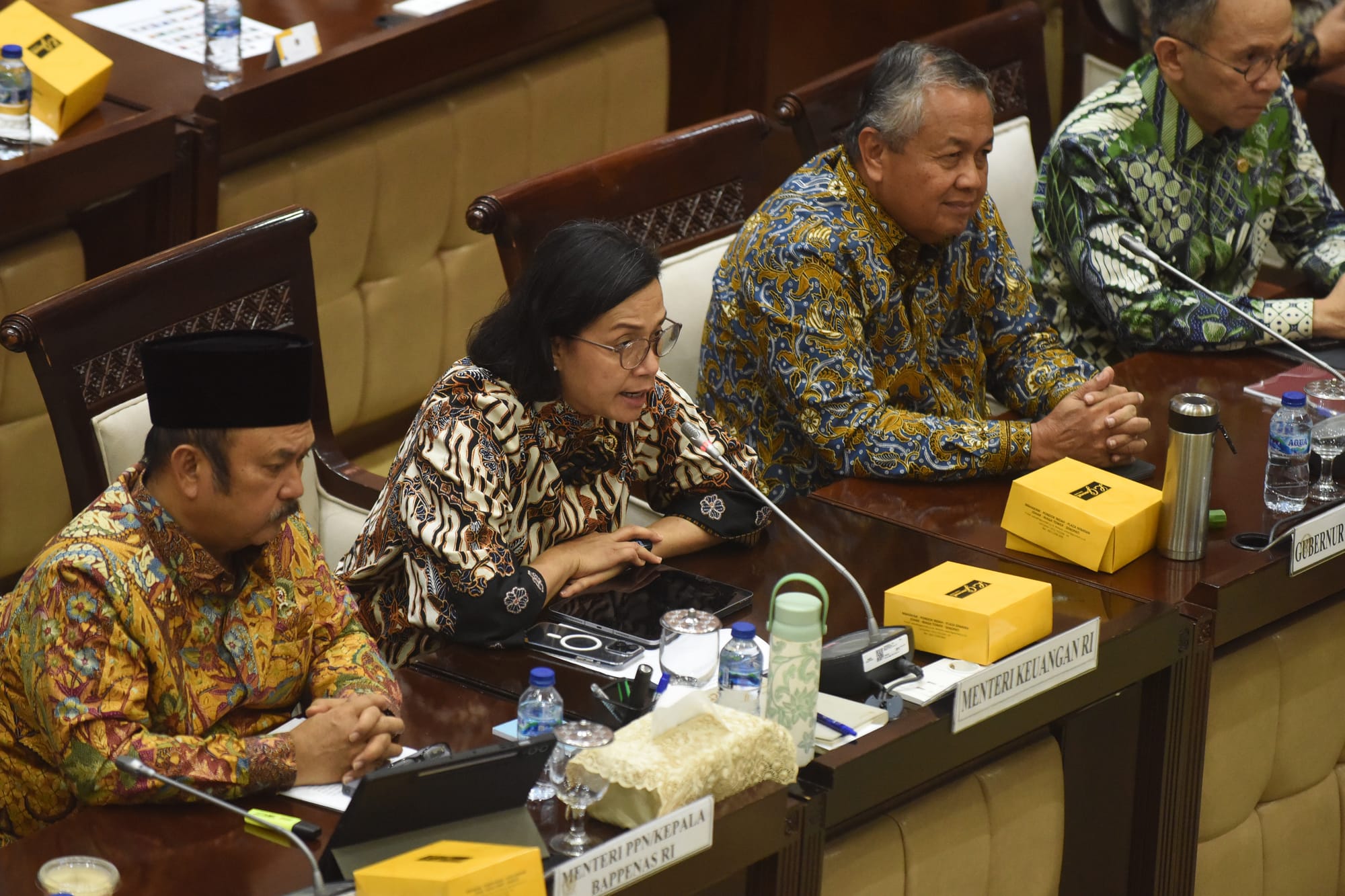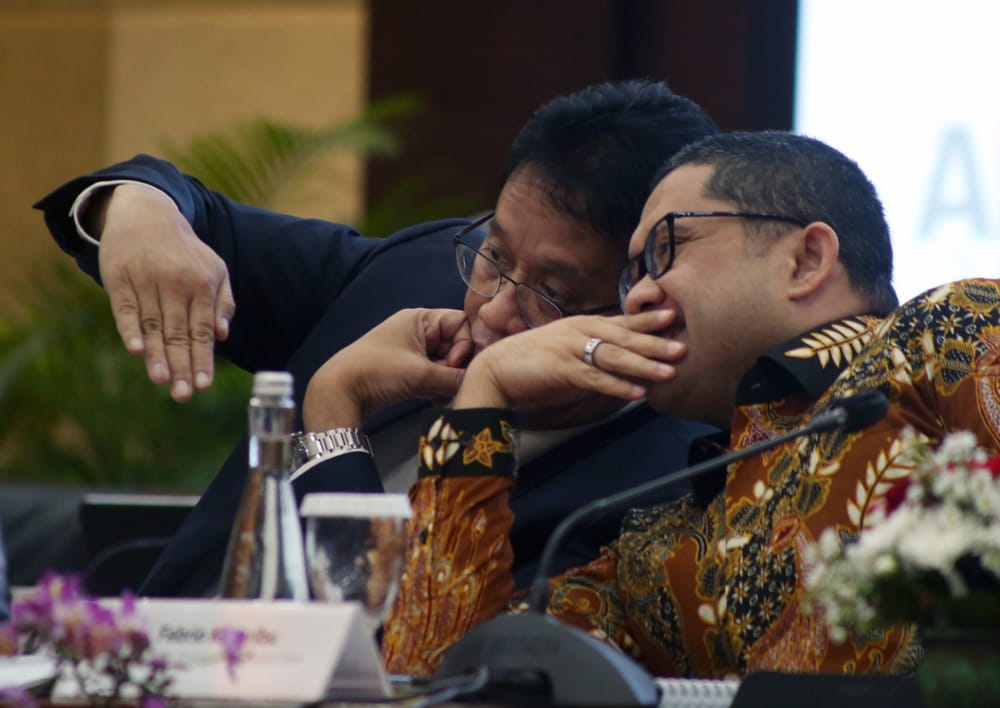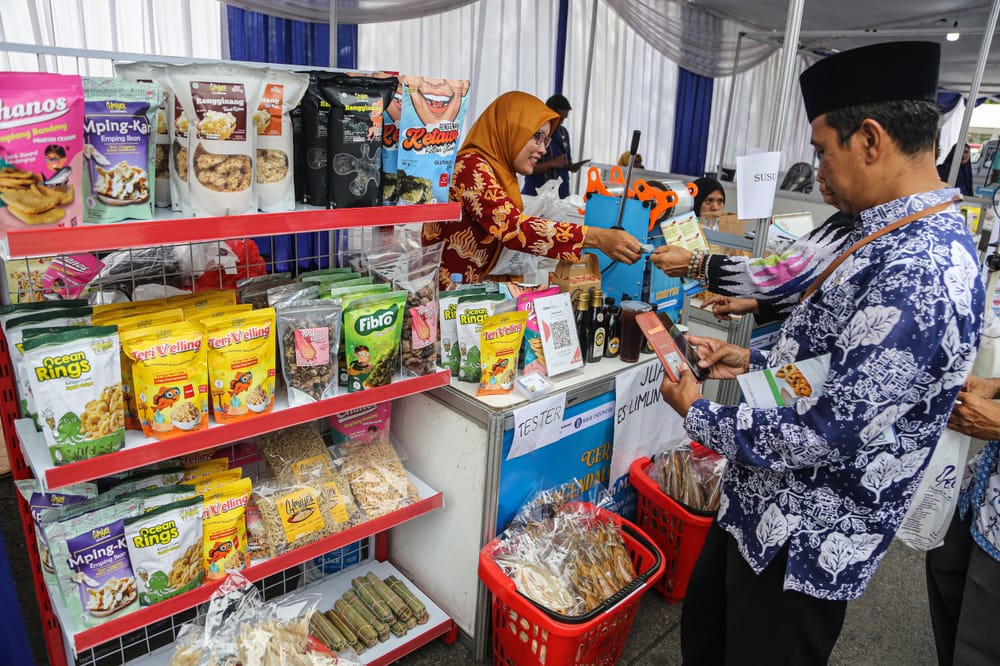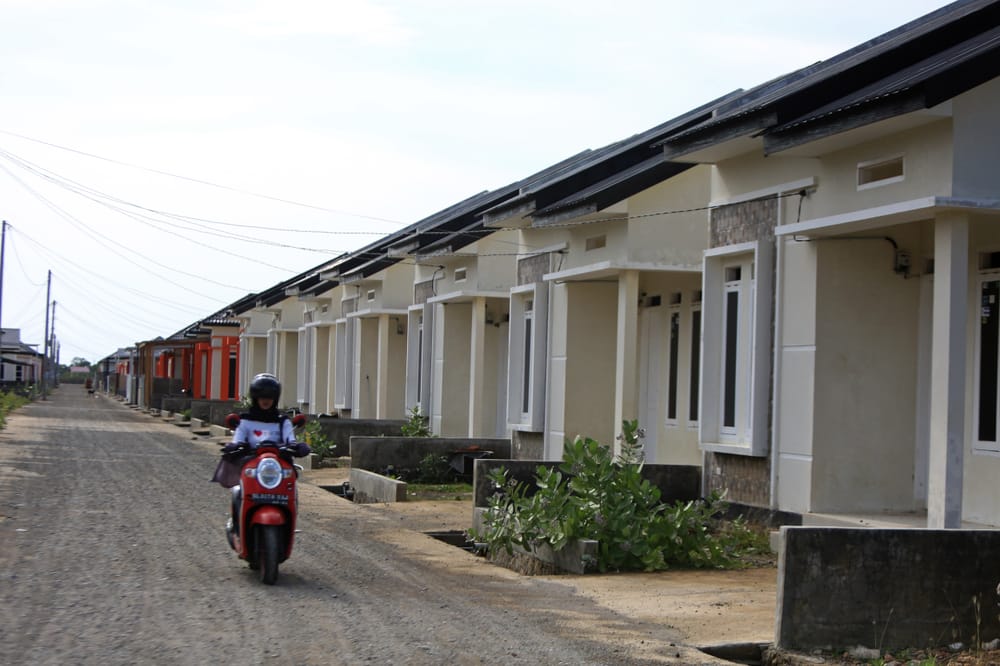The government has canceled plans to increase tax rates in 2026. Therefore, a number of economists on Wednesday (3/9) suggested that the Directorate General of Taxes needs to use a new approach to increase taxpayer revenue through cooperative compliance.
Tax observer from Danny Darussalam Tax Center (DDTC) Darussalam said that this cooperative compliance is based on a mutually open relationship between the tax authority and the taxpayer (WP). "Create a harmonious and complementary relationship," Danny told SUAR in Jakarta (3/9).
Cooperative compliance can create a conducive tax climate. The Directorate General of Taxes as the tax authority can give awards to WPs who obediently pay taxes.
“Actually, increasing taxpayer compliance is very easy. With trust and mutual openness, everything will definitely run smoothly,” said Danny.
Previously, Minister of Finance Sri Mulyani emphasized that she would not raise tax rates for 2026 and would focus on intensifying enforcement and increasing taxpayer compliance as an effort to optimize state revenue.
“The needs of the country are so many. So state revenue continues to be increased without any new policies,” said Sri Mulyani in the Working Meeting of Committee IV of the Regional Representative Council (DPD) online (2/9).
To pursue tax revenue, the government will focus on increasing the compliance of taxpayers. The government will even continue to provide income tax (PPh) relief to small business actors.
UMKM whose turnover is below Rp 500 million per year will not be subject to PPh. If the turnover is above Rp 500 million to Rp 4.8 billion, then it will be subject to a final tax of 0.5 percent.
Another proof of the state's presence in protecting vulnerable economic communities, according to the Minister of Finance, is by exempting Article 21 PPh for workers whose income is less than Rp 60 million per year.
In addition, the government has prepared a strategy to achieve next year's tax revenue target by improving services through the improvement of Coretax as a system that can facilitate taxpayers.
The government has prepared a strategy to achieve next year's tax revenue target by improving services through the refinement of Coretax.
The decision was made after a series of demonstrations that turned violent in several cities in Indonesia. As a result, 10 people died, including students who were victims in the wave of action. The majority of the victims allegedly died as a result of violence from security forces, according to a report by Komnas HAM.
The demonstration then gave rise to popular demands entitled "17+8 People's Demands" which were addressed to various parties, ranging from President Prabowo Subianto, the DPR, TNI, Polri, chairpersons of political parties, and ministries in the economic sector.
The 17 popular demands have a deadline of September 5, 2025, to be realized. One of the popular demands is fairer tax reform.
As is known, the government has set a tax revenue target in the 2026 State Budget (APBN) of IDR 2,357.7 trillion. This target is up 13.5% from the outlook for 2025 tax revenues of IDR 2,076.9 trillion.
Education and socialization
Darussalam said that, in addition to taking an approach, the government needs to carry out massive education to the public. The aim is to increase tax entities.
Based on the facts on the ground, he said, tax education is not yet inclusive, because there are still many Indonesian people who do not understand taxes properly. "What is tax? What is it for? Why should I pay taxes?" These are the questions that often arise in the minds of the public and some of them are still confused about taxes.
Therefore, the government – especially the Directorate General of Taxes – needs to increase socialization regarding taxes.
"There are many ways that can be done to provide education about taxes, including through social media, using the services of influencers, or advertising on television. Indonesia's tax revenue potential can be explored as long as the strategies and efforts made are always coordinated. Don't let misunderstandings occur between tax authorities and taxpayers," he said.
Tax observer from the Tax Research Institute Prianto Budi Saptono said that one of the biggest sources of tax revenue comes from large companies. Most of these companies already pay taxes, but some are still naughty.
To collect taxes from these naughty companies, professional tax consultants are needed, because the tax calculation is very detailed.
Tax consultants are needed to assist and provide explanations regarding the latest information regarding taxes. "Usually large companies already use the services of professional tax consultants and it is quite helpful," he told SUAR in Jakarta (3/9).
He said that the government's policy of not raising tax rates next year is quite good, but it must be balanced with efforts, namely extensification and intensification.
"Tax extensification is a supervisory activity carried out by the Directorate General of Taxes on taxpayers who have met the objective requirements but do not yet have a NPWP. Meanwhile, intensification is an activity to optimize the exploration of tax revenue from objects and subjects that have been registered," explained Prianto.
More transparent
Chairman of Commission XI of the DPR RI, Mukhamad Misbhakun, reminded the government to be more transparent and accountable in using state money. According to him, the protests that occurred in a number of areas must be used as an evaluation so that the management of state finances is truly in favor of the interests of the people.
"The government needs to improve public communication and ensure that every rupiah from the APBN is used efficiently, transparently and on target. That will make the public more confident in paying taxes," he added.
On the other hand, Misbakhun asked the public to remain obedient in paying taxes, even though there have recently been massive protests in a number of areas regarding the use of state money for officials and government policies that are considered not on target.
According to Misbhakun, the calls from some parties not to pay taxes are the wrong step and actually harm the people themselves. "Taxes must be paid. That is our obligation to the state," he said at the Parliament Complex, Senayan, Jakarta, Tuesday (2/9/2025).
According to Misbhakun, the calls from some parties not to pay taxes are the wrong step and actually harm the people themselves.
He emphasized that state revenue from the tax sector is the backbone of development financing. Data from the Ministry of Finance noted that the realization of tax revenue as of July 2025 reached IDR 1,195 trillion or around 58.3% of the 2025 APBN target of IDR 2,050 trillion. The revenue supports national priority programs, starting from infrastructure development, education, health, to subsidies for small communities.
"If the public joins in not paying taxes, the people will also be harmed. Because it is from taxes that we can finance free schools, fertilizer subsidies, health services and various social programs," said Misbhakun.






